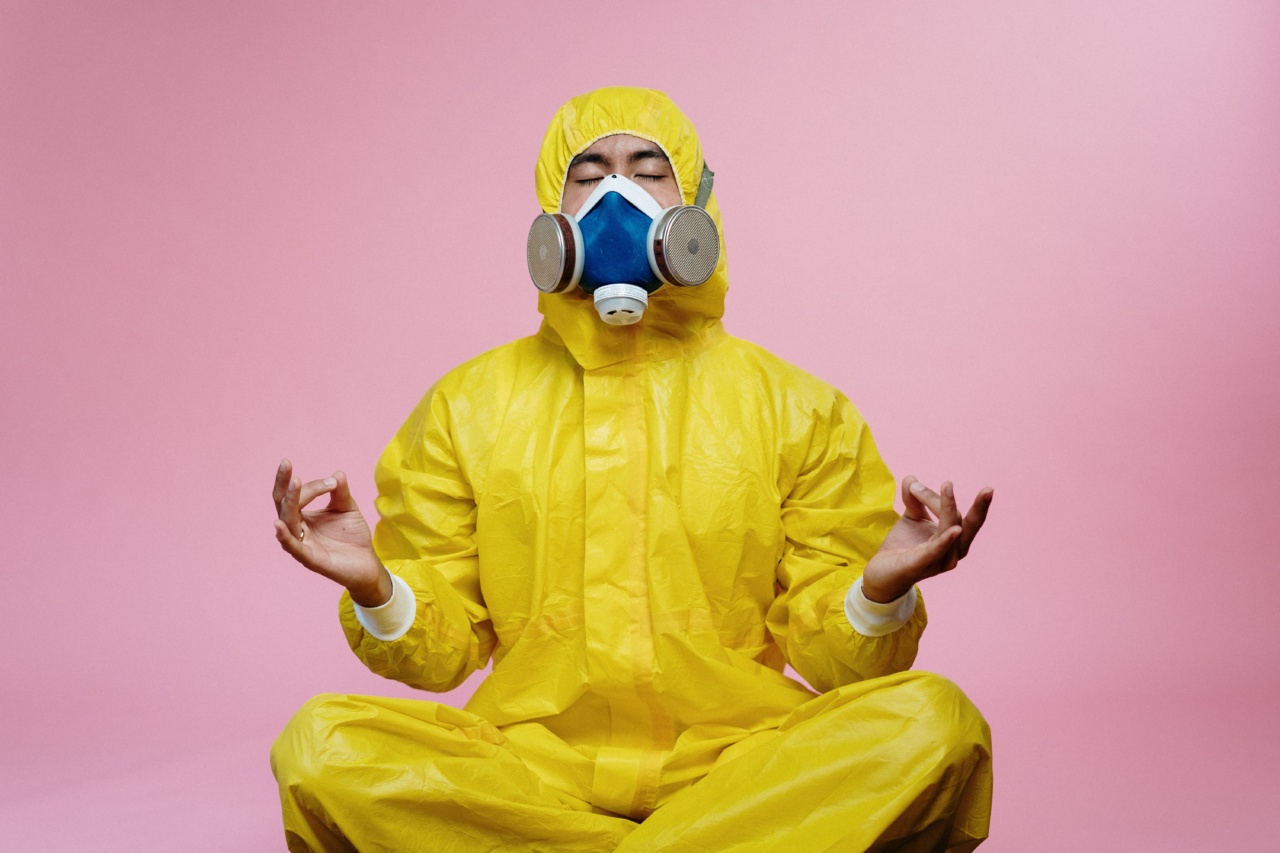Testosterone is a hormone that is commonly associated with male development and sexuality. However, it has many other functions in both men and women. Testosterone can affect cognitive abilities, muscle mass, bone density, and immune function.
While some testosterone is necessary for general health, too much testosterone can have negative impacts on immunity.
Role of Testosterone in Immune Function
Testosterone has a complex relationship with the immune system. Studies have shown that testosterone can both strengthen and weaken immune function.
On one hand, testosterone is associated with the development of thymic tissue, which plays a key role in immune system function.
Testosterone also helps to stimulate the production of white blood cells, which are important for fighting off infections and illnesses.
On the other hand, too much testosterone can suppress immune function. Testosterone can cause the body to produce fewer cytokines, which are proteins that help to regulate the immune system.
This can make it harder for the body to fight off infections and diseases.
The Negative Impacts of Too Much Testosterone on Immunity
There are several negative impacts that too much testosterone can have on immunity. These include:.
Increased Risk of Infections
People with high levels of testosterone are more likely to develop infections. This is because testosterone can suppress the immune system, making it harder for the body to fight off bacteria and viruses.
Delayed Wound Healing
Testosterone can also slow down the healing process of wounds and injuries. This is because testosterone can reduce the production of collagen, which is necessary for strong and fast wound healing.
Increased Risk of Autoimmune Diseases
Autoimmune diseases occur when the body’s immune system attacks healthy tissues. This can cause a range of symptoms and complications, depending on the disease.
Testosterone can increase the risk of developing autoimmune diseases by suppressing the immune system and making it more likely to attack healthy tissues.
Increased Risk of Allergies
Testosterone can also increase the risk of developing allergies. This is because testosterone can suppress the production of immunoglobulin E (IgE), which is a type of antibody that helps to fight off allergens.
Increased Risk of Cancer
Testosterone has been linked to an increased risk of certain types of cancer, including prostate and breast cancer. This is because testosterone can promote the growth of cancer cells.
How to Balance Testosterone for Optimal Immune Function
It is important to maintain a balance of testosterone in the body for optimal immune function. Here are some ways to balance testosterone:.
Diet
A healthy diet can help to reduce testosterone levels. Foods that are high in fiber, such as fruits, vegetables, and whole grains, can help to lower testosterone levels.
On the other hand, foods that are high in saturated and trans fats, such as processed foods and red meat, can increase testosterone levels.
Exercise
Exercise can also help to balance testosterone levels. Both aerobic and resistance training can help to reduce testosterone levels in the body.
Stress Management
Stress can increase testosterone levels. Techniques such as meditation, yoga, and deep breathing can help to reduce stress and balance testosterone levels.
Supplements
There are also natural supplements that can help to balance testosterone levels. Some popular supplements include saw palmetto, ashwagandha, and magnesium.
Conclusion
Testosterone is an important hormone that plays many roles in the body. While some testosterone is necessary for optimal health, too much testosterone can have negative impacts on immunity.
By maintaining a balance of testosterone through diet, exercise, stress management, and supplements, people can optimize their immune function and reduce their risk of infections, autoimmune diseases, allergies, and cancer.






























